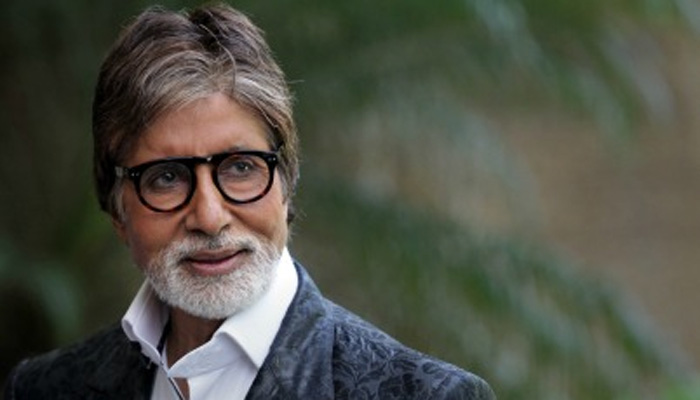The conference, held on Sunday, began with a talk by renowned cosmologist Prof Jayant Narlikar. He spoke about the ongoing search for micro-life in the universe and the future tests planned to conduct the isotopic analysis of the organic material retrieved from over 40 km above the earth s surface.
This analysis can show if life is indeed to come from outer space, Vaidya told PTI.
Prof. Chandra Wickrmasinghe from Cambridge, UK delivered the first Arthur C Clarke memorial lecture, based on his four decade long quest for extraterrestrial life, in particular his lifelong effort to test panspermia.
The theory of panspermia suggests that life did not originate on Earth but was delivered to Earth from some other part of the universe.
On this occasion, a fund called, “Chandra Wickramasinghe Fund for Panspermia Research” was announced. This fund will encourage astrobiology research amongst students in India.
Dr Henery Throop, delivered an engaging talk about NASA’s contribution to search for life in space over the past 50 years. He suggested that instead of Mars, the future missions should target Jupiter’s moon Europa as the moon is likely to have a sub-surface ocean.
A panel discussion led by leading astrophysicist Prof.
Shashikumar Chitre and astrobiologist, Pushkar Ganesh Vaidya, was held.
To understand life in the cosmic context is critical to our understanding of life on Earth, Vaidya said.
More importantly, it is critical to ensure the survival of our species on Earth, he added.
(Sourced from agencies, feature image courtesy:pdn.ac.lk)
























